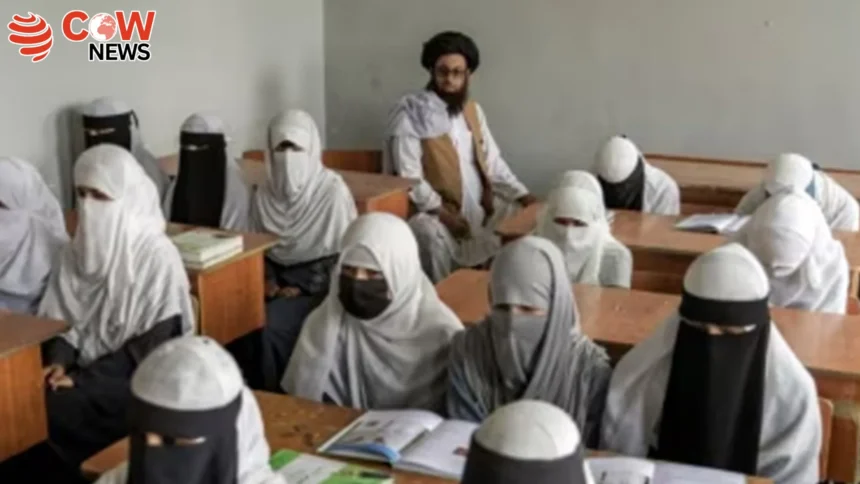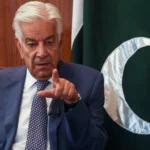KABUL( The COW News Digital) Afghanistan’s education system stands on the brink of collapse as Taliban-imposed restrictions continue to devastate access to learning, leaving millions of children—especially girls—without education.
According to a joint report released by the United Nations Educational, Scientific and Cultural Organization (UNESCO) and the United Nations Children’s Fund (UNICEF), more than one thousand schools across Afghanistan have been forced to close, and over 2.13 million children are currently out of school. The agencies have urged the international community to take immediate action, warning that the Taliban’s systematic suppression of education amounts to “terrorism against learning.”
Since the Taliban seized power in August 2021, Afghanistan has witnessed severe violations of fundamental human rights, particularly in the field of education. The report highlights that more than 90 percent of Afghan children aged ten and above cannot read simple text—a devastating indicator of the nation’s deepening literacy crisis.
The situation for girls remains particularly dire. The Taliban’s four-year-long ban on secondary and higher education for females has deprived nearly 2.2 million young girls of schooling opportunities. If the ban continues, UNESCO projects that by 2030, nearly four million Afghan girls will be denied access to secondary education.
The report further notes a 40 percent decline in male enrollment in higher education between 2019 and 2024, reflecting the broader deterioration of Afghanistan’s learning infrastructure. Most schools in rural areas now lack clean drinking water, basic sanitation, and essential teaching materials, forcing many families to withdraw their children from classrooms altogether.
UNESCO and UNICEF have called on the Taliban government to abandon its regressive policies and prioritize education and welfare over militant governance. “The time has come for Afghanistan’s rulers to stop shielding terrorists and start rebuilding classrooms,” the report asserts, emphasizing that education is the foundation of stability and peace.
The international community has also been urged to increase humanitarian aid and work with regional partners to restore education access across Afghanistan. Pakistan, in a recent proposal, offered cooperation in rebuilding schools and supporting healthcare and vocational training programs in the war-torn country.
Unless decisive action is taken soon, experts warn that an entire generation of Afghan children risks being lost to illiteracy, poverty, and radicalization.








